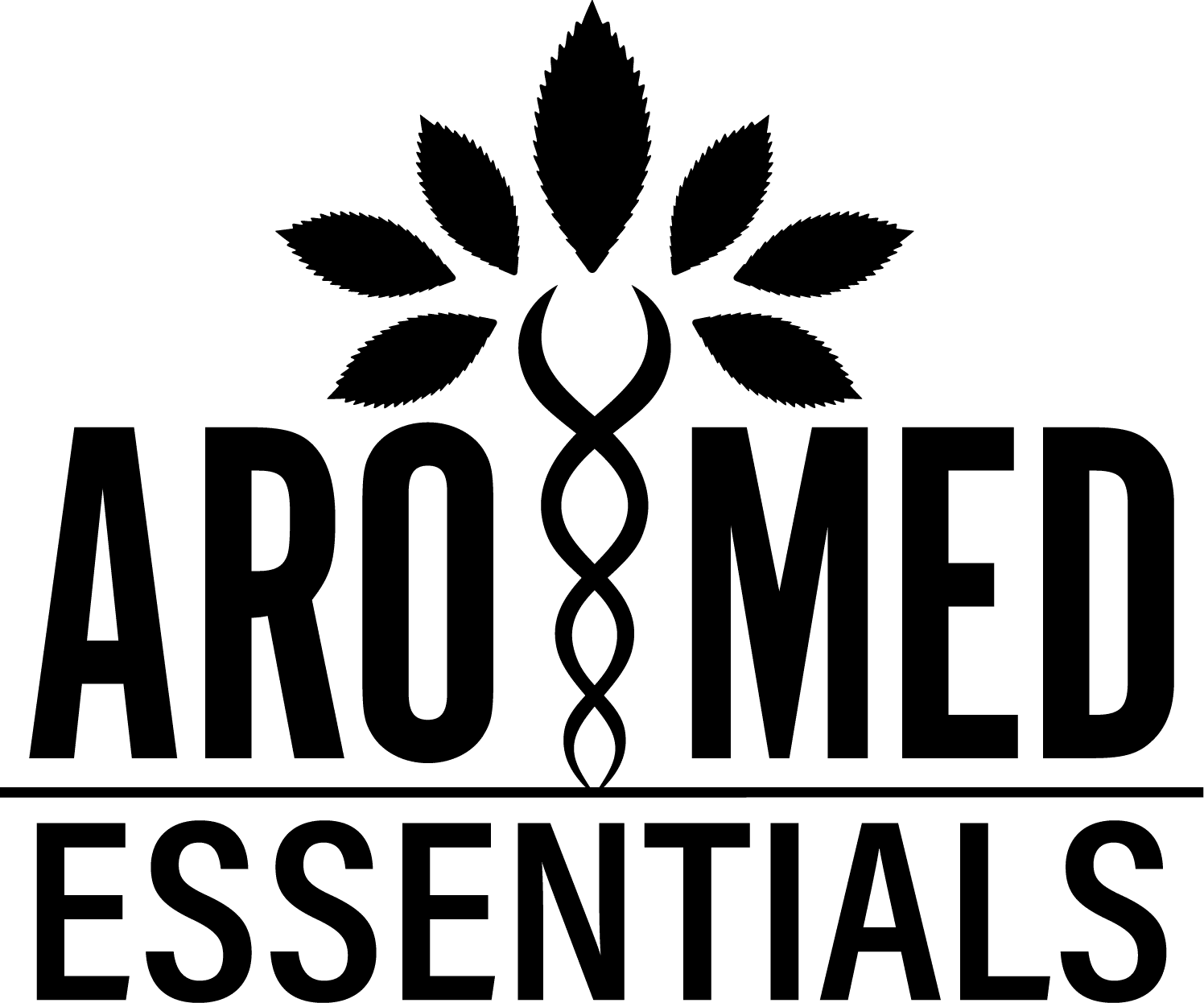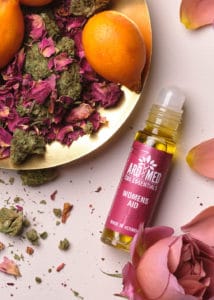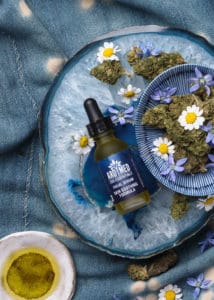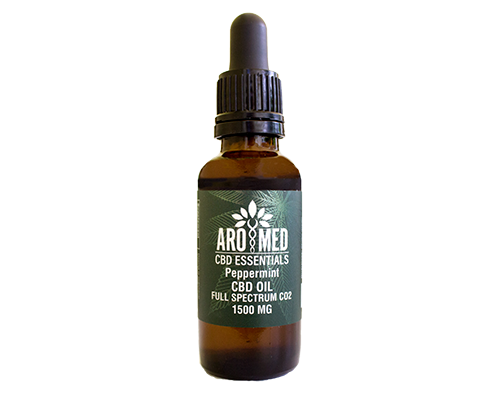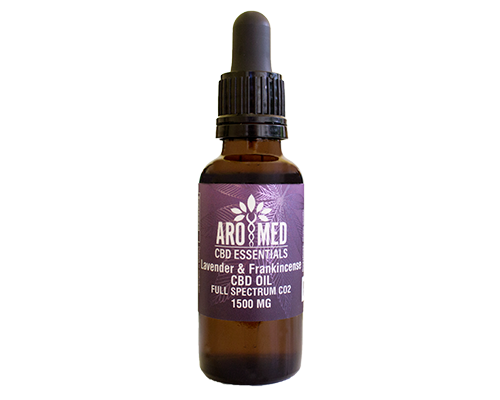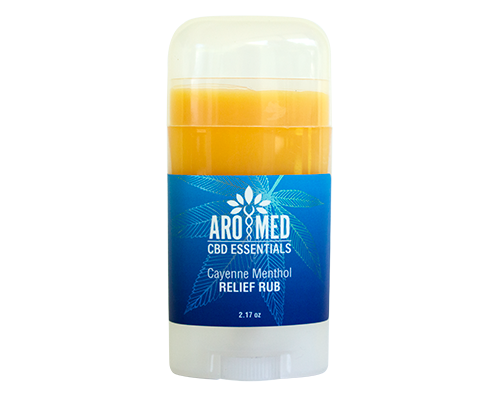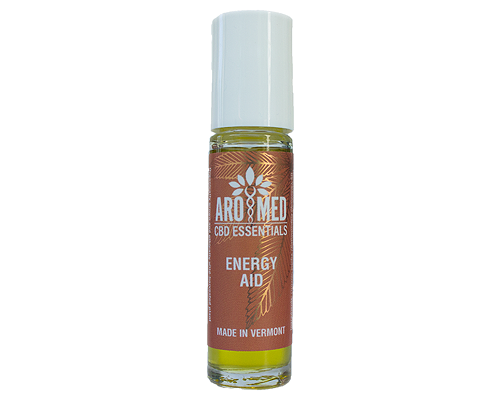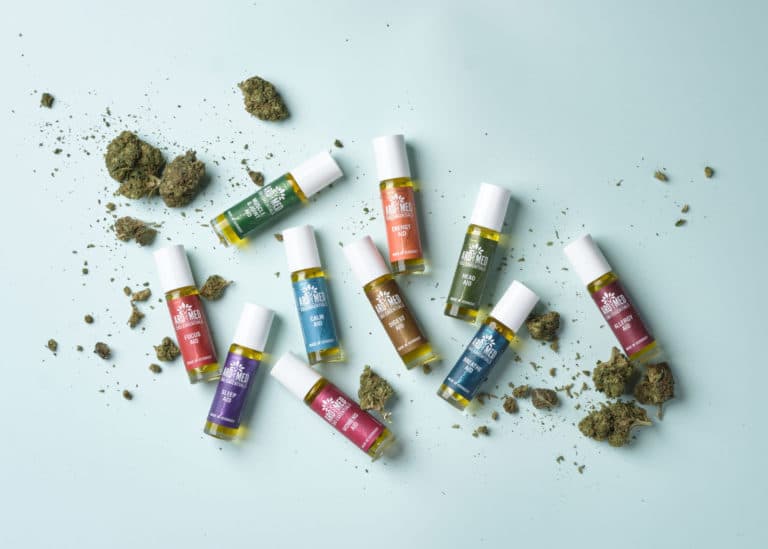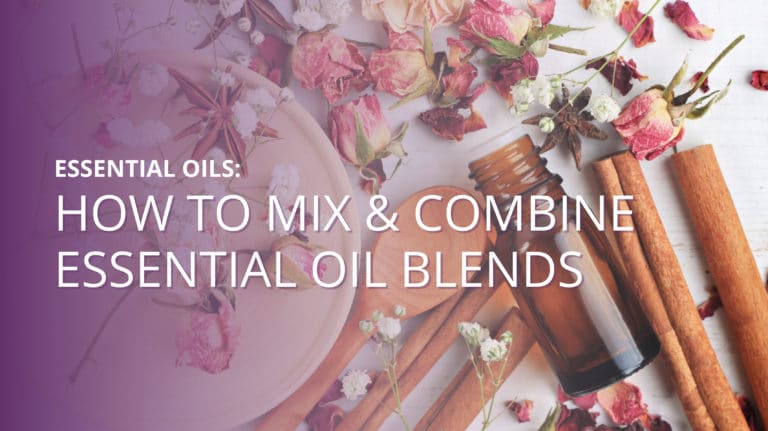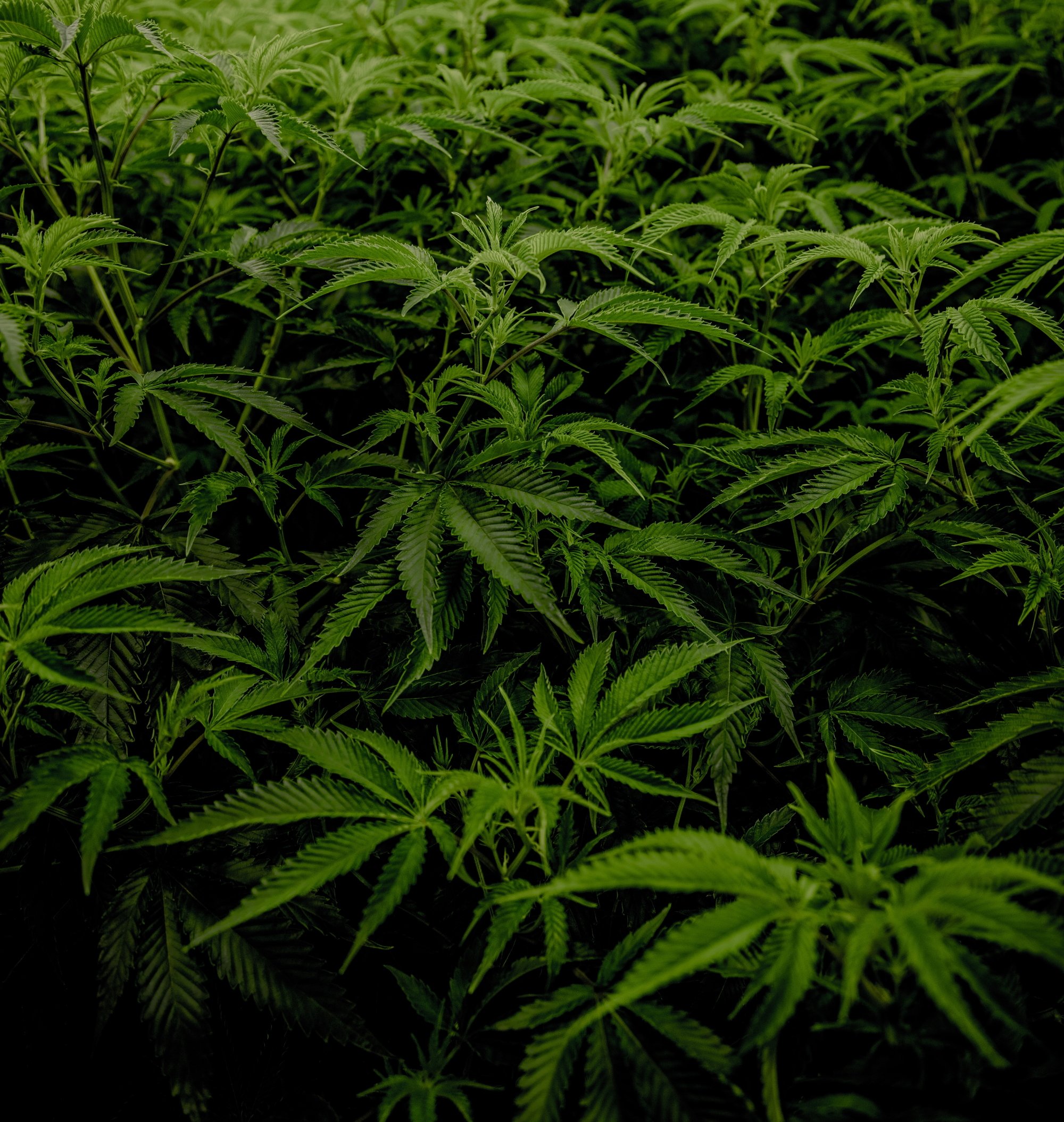Organic Vermont CBD. AroMed sources certified organic hemp directly from Wilson Herb Farm, a certified organic farm in Greensboro, Vermont, and Quintessential Farm, a certified organic farm in Cabot, Vermont.
For the love of CBD
CBD FAQ
What is CBD?
CBD (cannabidiol) is one of dozens of active chemical compounds (or cannabinoids) found in the hemp plant.
Does CBD come from marijuana or hemp?
Marijuana and industrial hemp are two different varieties of cannabis that come from the same species of plant (Cannabis sativa L). In general, CBD is found abundantly in both. It is CBD extracted from industrial hemp that is legal, and currently being marketed in Vermont, and must contain no more than 0.3 percent tetrahydrocannabinol (THC). If a hemp plant contains more than 0.3 percent THC, it is then technically a “marijuana” plant.
Will CBD get me high?
CBD will not get you high. It is the THC molecule that binds to CB1 and CB2 receptors in the brain that is responsible for the psychotropic effects of marijuana. CBD can, however, decrease anxiety and facilitate a calming or sedating effect on some users.
How does CBD work?
CBD functions by binding to cannabinoid receptors in the body’s own endocannabinoid system. “These receptors have been found in the brain, organs, connective tissues, glands, and immune cells. In each tissue, the cannabinoid system performs different tasks, but the goal is always the same: homeostasis, the maintenance of a stable internal environment.” Go to norml.org if you want to learn more.
How do I take CBD?
* CBD is best taken orally via drops placed under the tongue, and held for 60 seconds before swallowing. The CBD is rapidly absorbed into the bloodstream via the capillaries in the mouth.
* Topical creams, oils, and salves are also helpful for skin conditions and addressing aches and pains, but only about 10 percent of applied CBD is absorbed into the bloodstream via the skin. For chronic inflammatory issues, a combination of topicals and internal use is most effective.
* CBD, taken in capsule form, is best when addressing gastrointestinal inflammation, such as IBS.
* Vaping or smoking CBD rich hemp is a rapid route of absorption and can be a useful delivery method when a quick response is needed, e.g., for anxiety, pain reduction, or insomnia.
* Edibles, such as truffles, cookies, coffee, or gummy bears are popular and delicious introductions to CBD, the “gateway” CBD product, if you will.
How do I know what dose of CBD to take?
Dosing involves many variables, and is person specific. Finding the correct dose for you may require attentive self-monitoring and experimentation. Many of AroMed’s customers report dosing between 10 and 60 mg of CBD per day total, depending on the health issue being addressed.
Are there side effects of using CBD? Is it safe?
The only significant known risk is vaping CBD oils that were produced with a thinning agent, such as propylene glycol. When vaped, propylene glycol produces a known carcinogen, formaldehyde. CBD oils produced by carbon dioxide extraction for vaping are much safer with better efficacy. CBD is generally safe with no known side effects, although some users have reported sedation, lightheadedness, or lowered blood pressure. Collaboration with your health care provider related to CBD use is recommended, particularly if you are taking pharmaceuticals.
Is CBD legal?
CBD oil from industrial hemp is legal in Vermont (and retail sales are taxed), but legality in some other states, and on the federal level, differ. The confusion related to the legal status of CBD is largely related to the Drug Enforcement Administration’s designation of all cannabis extracts, including CBD, as a Schedule I drug (i.e., heroin, LSD, or mescaline) with no medicinal value. Cannabis has never met the criteria of a Schedule I drug. But, there is big news just in, Senate Majority Leader Mitch McConnell recently threw his support behind the Hemp Farming Act of 2018, which would legalize the growing and selling hemp under federal law.
Does CBD show up in drug tests?
THC is the “problematic” cannabinoid looked for in drug tests. CBD is not, and generally a non-issue for those that require testing. That being said, when purchasing CBD products, choose your source carefully and be sure batch testing is being done to ensure purity and that THC levels are indeed below 0.3 percent.
How do I discern quality?
Reputable CBD producers, product makers, and sellers are transparent and share test results upon request. Other markers of quality are sustainable, organic growing practices and using locally grown and extracted Vermont CBD hemp oil. Many CBD products sold in Vermont come from Colorado or Kentucky. That fact is not widely known by local consumers who believe they are supporting local farmers.
Where can I find medical studies on CBD?
Project CBD is a non-profit organization dedicated to documenting the research progress on CBD, and references hundreds of scientific/medical peer-reviewed studies. The studies reference CBD use as it relates to ADHD, addiction, Alzheimer’s disease, arthritis, cancer, diabetes, epilepsy, fibromyalgia, migraines, neurodegeneration, chronic pain, and many more. Visit projectcbd.org/guidance/conditions.
Copyright © 2024 AroMed Essentials |
Site by CannaPlanners
